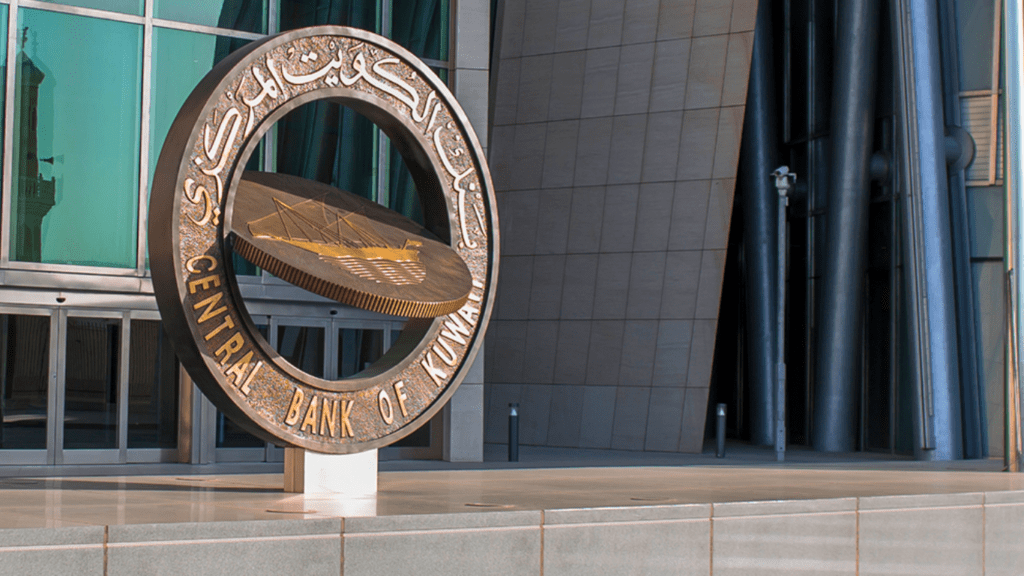In a strategic move to align with global climate initiatives and anticipate shifts in the credit landscape, the Central Bank of Kuwait has verbally instructed local banks to allocate a portion of their loan portfolios to green financing, reliable sources report.
While the regulatory body hasn’t specified an annual ceiling for green financing, it emphasized that each bank should allocate a share of its loans to both local and foreign projects in the green sector. The directive doesn’t prescribe particular allocations for different financing wings or the overall loan portfolio.
The supervisory authority aims to encourage banks to dedicate a segment of their financing portfolios to extend loans for sustainable projects. This mirrors the global trend of supporting grants for environmentally friendly initiatives. The directive refrains from outlining a precise approach, leaving decisions on project features, financing percentages, and determination of eligibility to the discretion of individual banks, provided they adhere to general instructions.
Green loans under this initiative will be offered without interest or at reduced rates, along with additional benefits. Notably, there’s no specified cap for banks to deduct from their overall portfolios.
Faced with limited local projects meeting green financing criteria, local banks are adopting compensatory strategies. Firstly, they’re introducing innovative green financing lines for companies with exclusive discounts on terms and interest rates. The second strategy focuses on enhancing the green credit culture among individuals, offering personalized financing products with incentives, including interest-free financing. Some banks are also exploring foreign markets for green financing, leveraging investor interest and crowdfunding for these projects.
The global green finance market has witnessed significant growth, with estimates by the Infrastructure Development Finance Company suggesting it could reach up to $134 billion. In 2019, $185.4 billion in green bonds were issued, targeting climate change mitigation, adaptation activities, and other environmental issues.
While Kuwaiti and international banks typically aim for a suitable profit margin, green or sustainable financing, being granted with exceptional benefits, allows banks to seek affordable loans. Some banks are entering into financing agreements with regional and international financial institutions interested in green financing, enabling them to obtain loans at favorable interest rates and redirecting these funds to stimulate loans for customers in the green sector.
A significant area of local projects entering the realm of green financing involves the rehabilitation of soil in oil fields affected by the Iraqi invasion. This massive undertaking is one of the largest soil remediation projects globally, with the United Nations allocating approximately $3 billion to rehabilitate the Kuwaiti environment. The Kuwait Oil Company has spent $281 million until last September, focusing on remediating polluted and damaged lands within oil fields, covering about 114 square kilometers. Sixteen square kilometers have already been addressed, with the remainder expected to be completed through ongoing contracts set to expire in 2027-2028.
